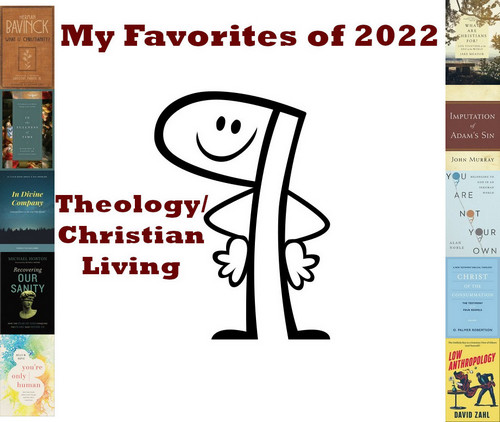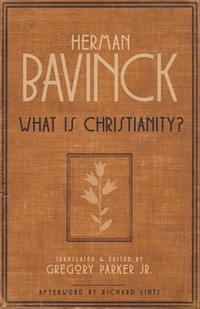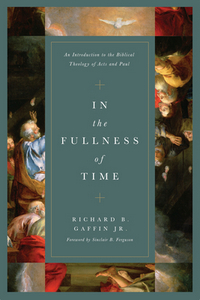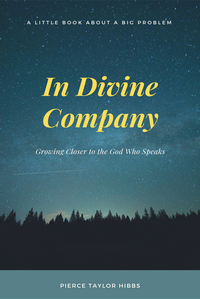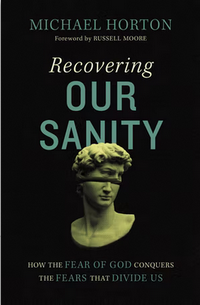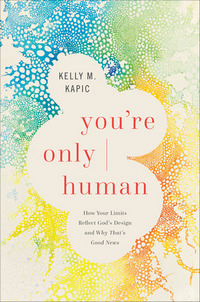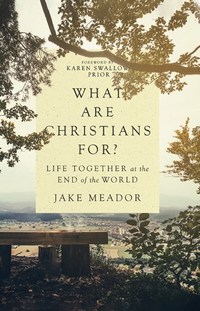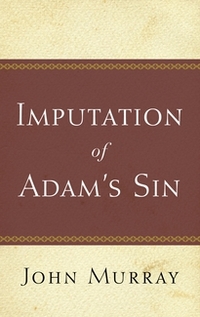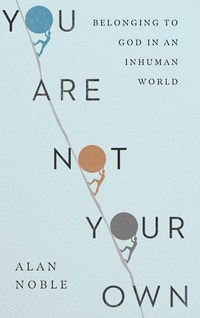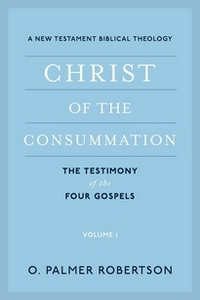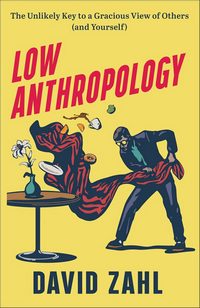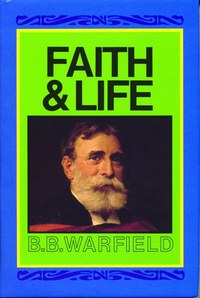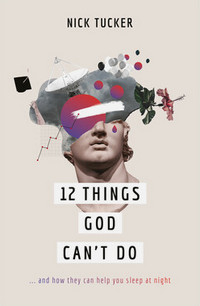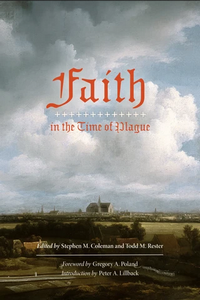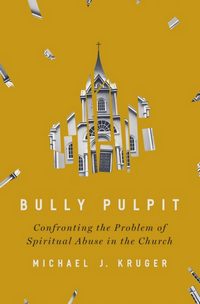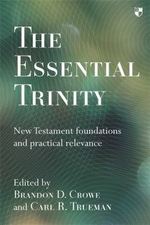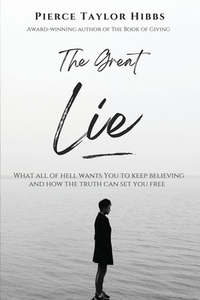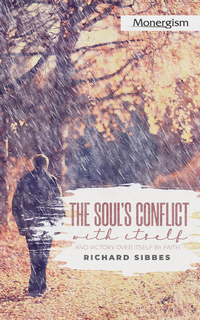by David Zahl
DETAILS:
Publisher: Brazos Press
Publication Date: September 12, 2022
Format: Hardcover
Length: 203 pg.
Read Date: November 27-December 4, 2022


This is another one of those books that I have to fight the temptation to dig deep and spend a few thousand words laying out the ideas in detail and responding to them in kind. But that’s not what I do around here—nor is it what I have time to do. But mostly, I wouldn’t do it as well as the author did in the book—so why not just stick with what I do and tell you to buy the book?
What’s Low Anthropology About?
Zahl’s concern is the way we think about human nature—our anthropology—not in some academic sense (or just that), but how, individually, what we believe about human nature impacts the way we live and think.
High anthropologies are based on some idea about basic decency and goodness in humanity and that with the right ideas, the right amount of effort and ambition, we can improve ourselves, and fix ourselves. Low anthropologies start off with the idea that people are broken, sinful, a mess, and that while we’ll do the right thing sometimes, those times are the exception. And yes, with help, we can stumble through life in a way to be of service to others and do better ourselves.
By realizing—and remembering—that everyone is broken and struggling, we can be gracious. We know ourselves and that we are a mess, we deal with bad habits, addictions, imperfections, and sin on a more-than-daily basis. But we forget that’s true of others, too, especially in a social media world where we only see the airbrushed images others put forward.
High anthropologies tend toward self-righteousness, perfectionism, and judgementalism (toward ourselves and others). Low anthropologies can and should free us from that—to compassion, humor, and charity.
At least that’s the basic idea—he fleshes it out and argues for it much more convincingly. Then he applies it to various aspects of life—relationships, politics, and religion.
So, what did I think about Low Anthropology?
This really reminded me of Alan Noble’s You Are Not Your Own: Belonging to God in an Inhuman World and Kelly Kapic’s You’re Only Human: How Your Limits Reflect God’s Design and Why That’s Good News (it’s not that surprising, really, I invoked Kapic’s book when I posted about Noble’s). The three books approach similar topics in very similar terms—just changing the focus a little bit. The chapter on politics reminded me of the relevant chapters in Michael Horton’s Recovering Our Sanity: How the Fear of God Conquers the Fears that Divide Us (and there’s probably some overlap with other chapters, too).
I guess what I’m saying is that there’s a lot in this book to tie to things I read over the course of the year—2022 ended up being along a theme. In essence, humans are limited creatures—and when we remember that (as true of ourselves and others) and recognize the legitimacy of those limitations, as well as who put those limitations on us—it will affect the way we live and think of ourselves. It will free us to obey as we ought, to live as we ought, and treat ourselves and others along the lines we’re supposed to. We can think of it in terms of limitation and creaturely dependence, in terms of being those purchased by Christ, or in terms of realism about human nature. All call us to humility, all put the emphasis on our hope in Christ, and all will help us serve others because we’re in the same situation as them.
Zahl’s treatment of this is a bit briefer—and he applies it to more situations than Noble or Kapic, so it’s inevitably shallower. Not worse, I want to stress, but he can’t get to the same depth as the others.
Zahl’s sense of humor is evident throughout, and his engaging style really carries this work—it’s not just a helpful book, but you want to be helped by it because you’re having such a good time reading it. He brings in good illustrations and insights from psychology and culture alongside his points from Scripture and theology.
This is a practical work—the theory is sound and worked out well, but it’s not theory for theory’s sake—Zaahl’s eye is on doing something the whole time—living better, serving others, and being gracious. I wondered a little bit about particular applications he makes, and if they’re as consistent as I’d want them to be. Thankfully, a low anthropology ensures there’s plenty of room for Zahl and me to be wrong on those points and not get too worked up about it.
I really liked this work and suggest you find some time for it.

This post contains an affiliate link. If you purchase from it, I will get a small commission at no additional cost to you. As always, the opinions expressed are my own.

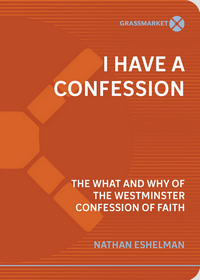 I Have a Confession:]
I Have a Confession:]

![]()


